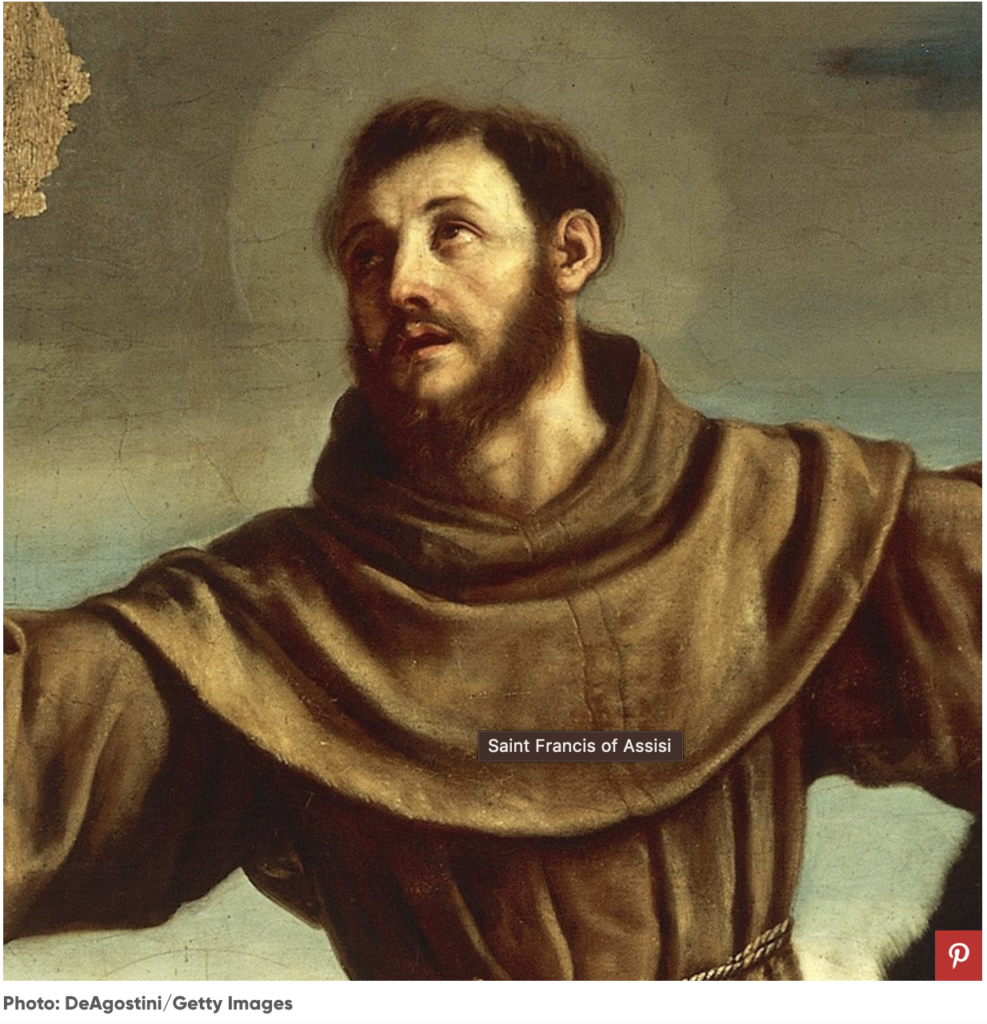What is a novena?
A novena is a set of prayers and devotions to God recited over nine consecutive days, hence the name “novena” which is derived from the Latin “novem” meaning “nine.” Novenas are prayed for specific purposes, requests or petitions and often are how we ask patron saints to pray and intercede for us when we have specific needs.
This pattern of prayer has biblical roots. It is a tradition that is traced back to the Apostles, specifically to when Jesus instructed the Apostles to pray together in anticipation of the Holy Spirit as he ascended to Heaven.
“But you will receive power when the holy Spirit comes upon you and you will be my witnesses in Jerusalem, throughout Judea and Samaria, and to the ends of the earth. When he had said this, as they were looking on, he was lifted up, and a cloud took him from their sight.” Acts 1:8-9.
You may remember that upon receiving these instructions from Jesus, the Apostles returned to Jerusalem which was a full day’s journey, found an upper room in a house and together with the blessed Virgin Mary, they prayed constantly for the next nine days (Acts1:12-14) until the Holy Spirit descended on them like “tongues of fire.” (Acts 2: 1-4).
So you see, the novenas we pray today are not randomly concocted rituals. On the contrary. The tradition of praying novenas evolved from the Apostles obedience to the Lord’s command, when they prayed for nine days in anticipation of the coming of the Holy Spirit. Novenas are a wonderful way to remain faithful and persistent in prayer, something Jesus reminds us to do, time and time again, in the Gospel. Praying novenas is yet another simple way to live the faith everyday.
How to pray a novena.
It is traditional to begin praying certain novenas on specific days of the year, but you may choose to pray any novena any time you wish. All it takes is a sincere heart and a willingness to commit to the process, but if you a miss a day, don’t panic. And don’t give up. You can skip the day you miss. You can recite two daily prayers to catch up for the one you missed. Or, you can resume without catching up and take longer to complete the novena. Remember, God is forgiving and merciful!
It is also important to remember that God is in control of all things and praying a novena does not guarantee a desired outcome. Regardless of our petitions, God knows what is best for us. When we pray in faith we must accept that God’s will may not be what we want, but it is always what we need to fulfill his plan for our lives and for the lives of those for whom we pray.
For answers to answers to frequently asked questions about praying novenas, visit Pray More Novenas.



